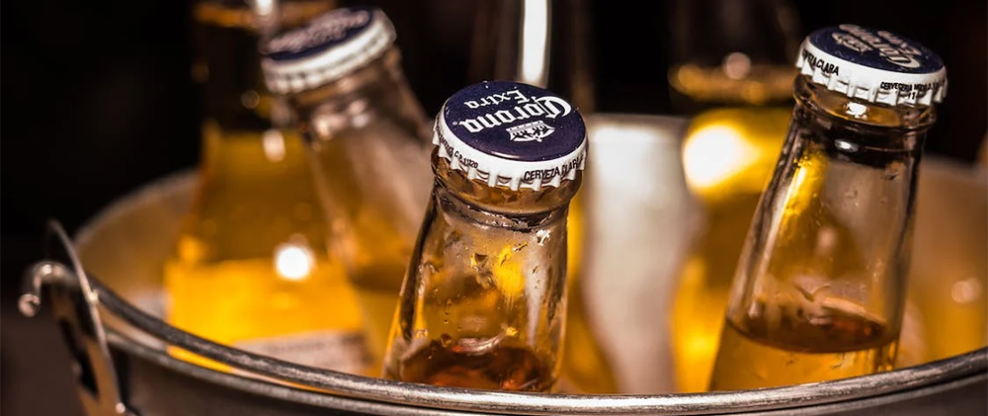(Hypebot) — Small to medium-sized venues across the U.S. are noticing a trend that’s hurting their bottom line: patrons 28 years old and younger are drinking much less alcohol than previous generations.
Alcohol sales have long been a key source of revenue for live music venues – and one they don’t share with the artists that helped fill the room.
While less drinking has a favorable health impact, less revenue from alcohol alongside rising labor costs and increased costs due to inflation affecting both venues and artists, combine to create a trend that could lead to fewer and fewer venues and shows.
Two recent surveys confirm the trend.
Gen Zs are drinking about 20% percent less alcohol than millennials did at their age, according to a study by Berenberg Research, and a University of Michigan survey found that many are not drinking at all, with that number growing from 20% to 28% over the last 20 years.
“One of the big trends we’re seeing is that Gen Z doesn’t drink as much,” said Dayna Frank, the board president of the National Independent Venue Association (NIVA) and president/CEO of live music venue operators First Avenue said, during a recent Music Biz Conference panel. “They’re either eating edibles before they come or there’s more of a sober, mental health (focus). Most of the ticket price goes to the band, so what (venues and promoters) subsist on is beverages. That’s not going to be a sustainable revenue stream.”
Post-pandemic, the less alcohol trend seems to be accelerating. “Alcohol sales per person has dropped since reopening,” Mikey Wheeler, former GM at the Mohawk in Austin told Billboard. “Not even just from Gen Z, but from our older audiences as well.”
Bruce Houghton is the Founder and Editor of Hypebot, a Senior Advisor at Bandsintown, President of the Skyline Artists Agency, and a Berklee College Of Music professor.





























